
Worrying health reality of what it means if you leave skids in the toilet
Sticky Stool: What Those Skid Marks Might Be Telling You About Your Health
Let’s face it—talking about poop isn’t exactly dinner table conversation. But whether we like it or not, bowel movements are a universal experience, and they can reveal a surprising amount about our health. If you’ve ever noticed persistent skid marks in the toilet bowl after doing your business, it might be more than just a cleaning nuisance—it could be a sign that something’s off inside your body.
🚽 The Skid Mark Mystery: More Than Just Toilet Design
While it’s tempting to blame the shape of the toilet bowl for those stubborn streaks, the real culprit might be the consistency of your stool. Sticky poop that clings to the porcelain surface often indicates a higher-than-normal fat content or excess mucus in your stool. This isn’t just a cosmetic issue—it’s a physiological one.
According to the Cleveland Clinic, sticky stools may result from a variety of causes, including high-fat diets, gastrointestinal inflammation, or even pancreatic insufficiency, which affects your body’s ability to digest fats properly.
🧬 What Causes Sticky Poop?
Sticky stool—often referred to medically as steatorrhea—can be caused by:
- High-fat, low-fiber diets: Consuming fatty meats, full-fat dairy, butter, oils, and fried foods can lead to greasy, sticky stools. These foods are harder to digest and may leave behind excess fat in your waste (Healthline).
- Medications: Certain drugs, especially those that cause constipation or affect digestion, can alter stool consistency.
- Digestive disorders: Conditions like Irritable Bowel Syndrome (IBS), Inflammatory Bowel Disease (IBD), Crohn’s disease, and ulcerative colitis can disrupt normal digestion and increase mucus production in the intestines.
- Pancreatic issues: Chronic pancreatitis or pancreatic insufficiency can reduce enzyme production, making fat absorption difficult and resulting in sticky, pale stools.
- Celiac disease or infections: Malabsorption syndromes and parasitic infections like giardiasis may also contribute to sticky stool due to nutrient processing issues.
⚠️ When Sticky Poop Signals Something Serious
While occasional sticky stools aren’t usually a cause for alarm, persistent changes in bowel habits should be taken seriously. Dark, tar-like stool may indicate gastrointestinal bleeding, often linked to ulcers or other upper GI tract issues. If you notice this, seek medical attention immediately (Cleveland Clinic).
Other red flags include:
- Blood in stool
- Unexplained weight loss
- Chronic fatigue
- Fever
- Sudden changes in bowel frequency or consistency
These symptoms may point to more serious conditions that require professional diagnosis and treatment.
🥦 What You Can Do: Diet and Lifestyle Fixes
If your diet is the likely culprit, making some adjustments can help:
- Increase fiber intake: Incorporate beans, lentils, berries, apples, pears, leafy greens, and whole grains into your meals.
- Reduce fatty foods: Cut back on greasy and fried items, and opt for lean proteins and low-fat dairy.
- Stay hydrated: Drinking 9–13 cups of water daily supports healthy digestion (Healthline).
- Exercise regularly: Physical activity promotes bowel regularity and overall gut health.
If symptoms persist despite lifestyle changes, consult a healthcare provider. A gastroenterologist may recommend stool tests, blood work, or imaging to identify the root cause.
🩺 Final Thoughts
Your toilet bowl might be telling you more than you think. While it’s easy to dismiss skid marks as a minor inconvenience, they could be a subtle signal from your digestive system. Paying attention to these signs—and acting on them—can help you catch potential health issues early and keep your gut in good shape.
For more detailed medical guidance, visit Healthline, Verywell Health, or Cleveland Clinic.
News in the same category


Medicinal Health Benefits of Turmeric, Curcumin and Turmeric Tea Based on Science

The best way to lower blood pressure fast!

9 Habits You Need To Adopt Today To Stop Alzheimer’s or Dementia Before It Starts
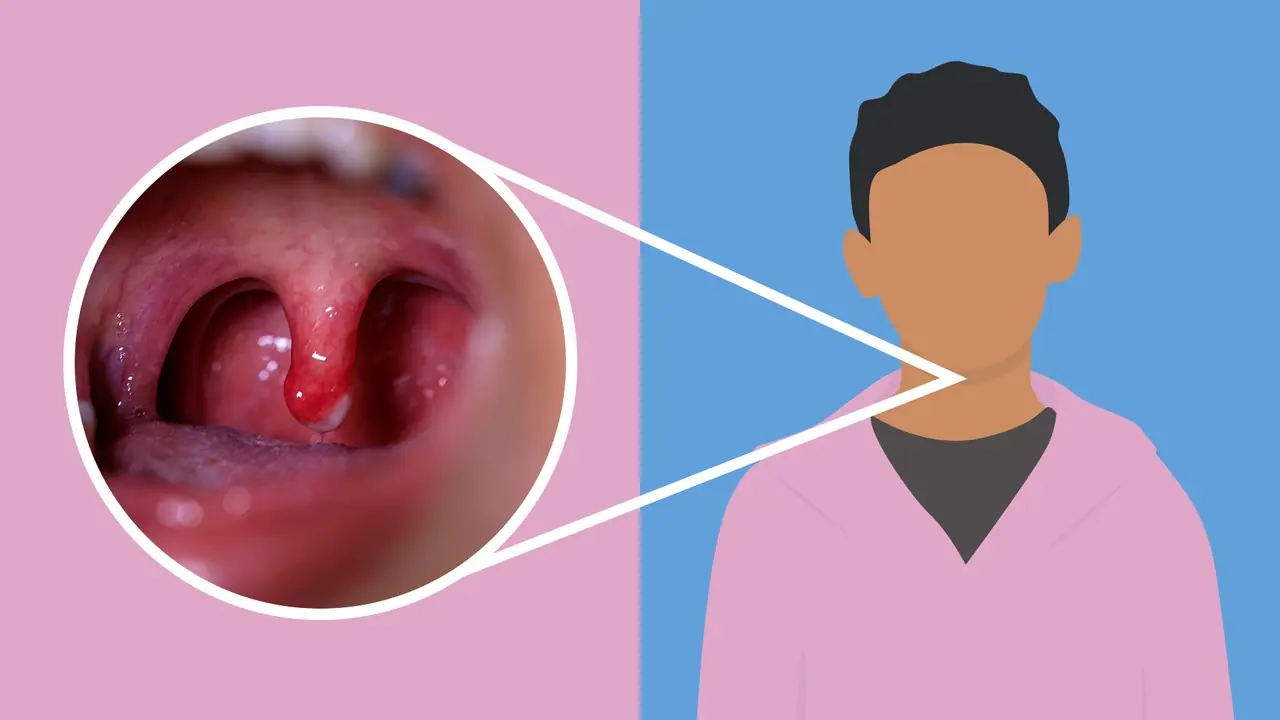
Get Rid of Throat Mucus Faster With These Highly Effective Natural Remedies

10 Symptoms of Kidney Disease
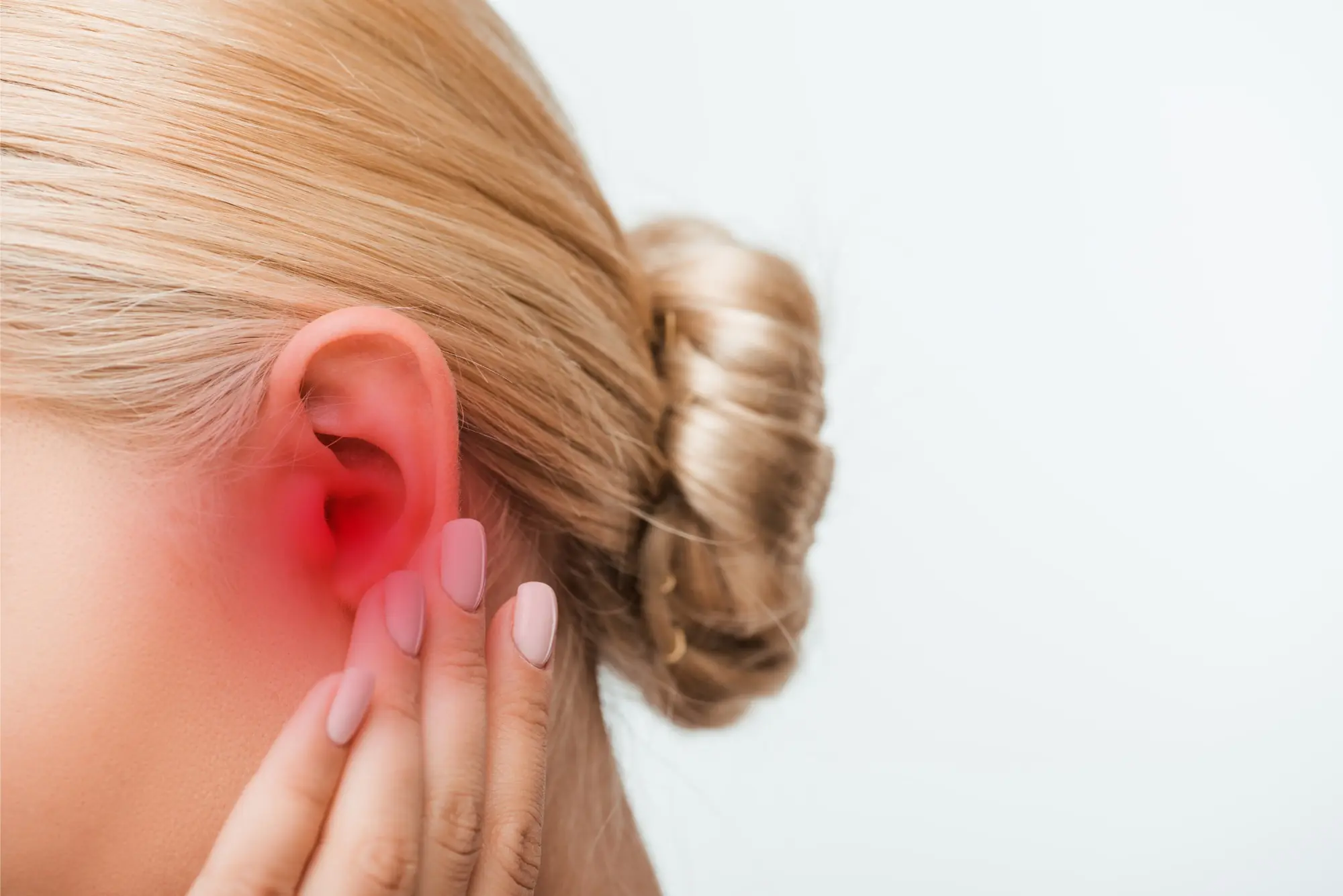
EAR PAIN EXPLAINED Causes, Relief & When to See a Doctor

Men Over 60: Chew This for 60 Seconds to Boost Energy & Confidence

How to Lose Weight with Cucumber! Simple & Quick Morning Recipe

5 Deficiencies Almost Everyone Has (But Doesn’t Know About)

Scientifically Proven Health Benefits of Papaya (Fruit) and Uses for the Seeds

Scientifically Proven Health Benefits of Extra Virgin Olive Oil

Sharp Pain in Ear: Causes, Treatments, and When to See a Doctor

15 Nighttime Signs of Diabetes You Shouldn’t Ignore

Side effect of stopping omeprazole as NHS issues warning over use

Proven Health Benefits of Banana and Banana Peel Based on Science

Blood Clot in Leg: Signs and Symptoms You Shouldn’t Ignore (Pictures Included)

4 diabetes mistakes you MUST avoid + 3 Secrets to naturally regenerate your pancreas!

#1 best way to reverse & slow dementia
News Post

Aloe Vera and Cinnamon Remedy: Natural Benefits for Eye Health, Immunity, and Healing

12 Powerful Benefits of Moringa Seeds

Goldenberries (Physalis peruviana): A Nutrient-Packed Powerhouse for Health and Vision
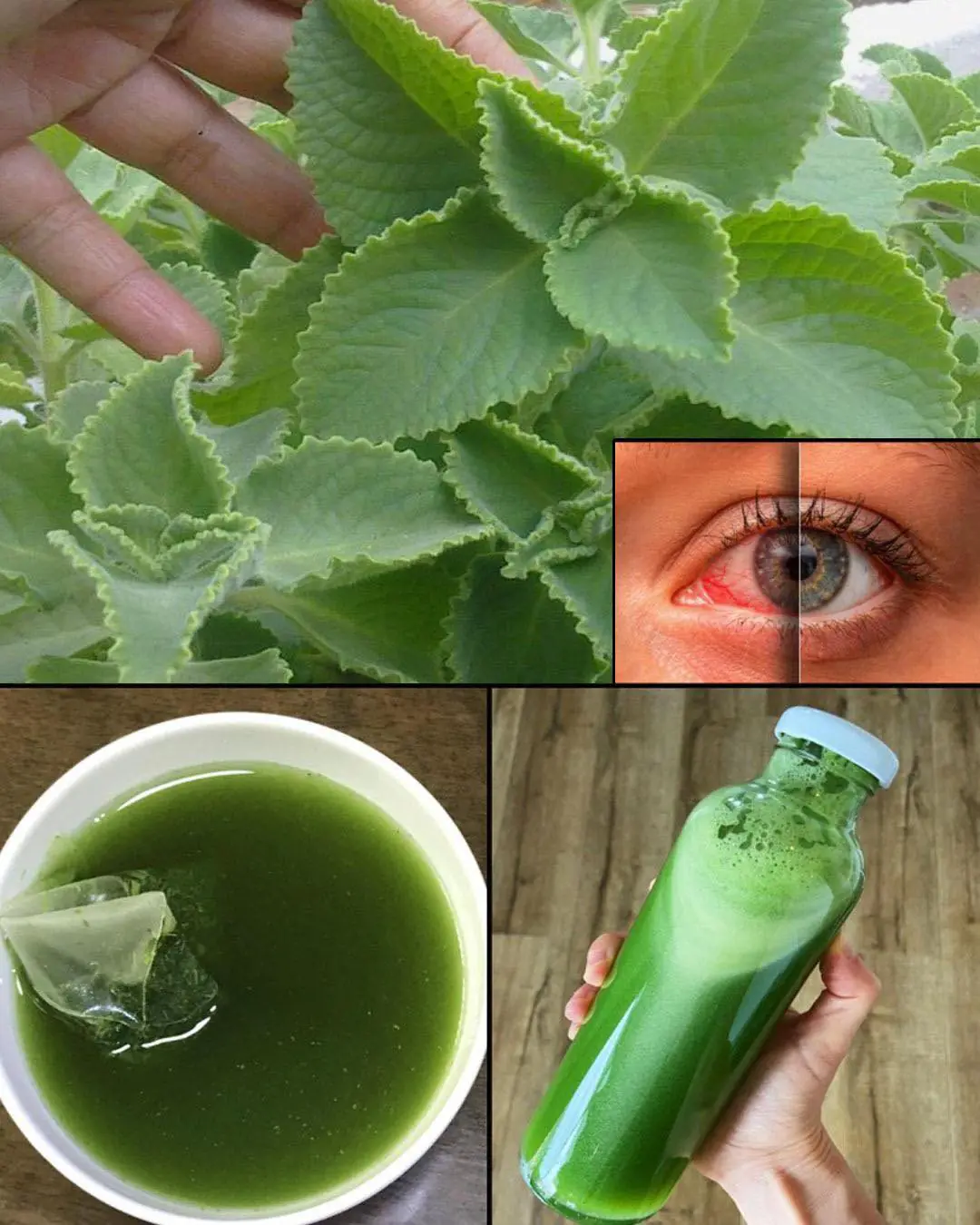
Oregano: The Golden Herb for Eye Health

Some of the Benefits of Castor Leaves and the Seed
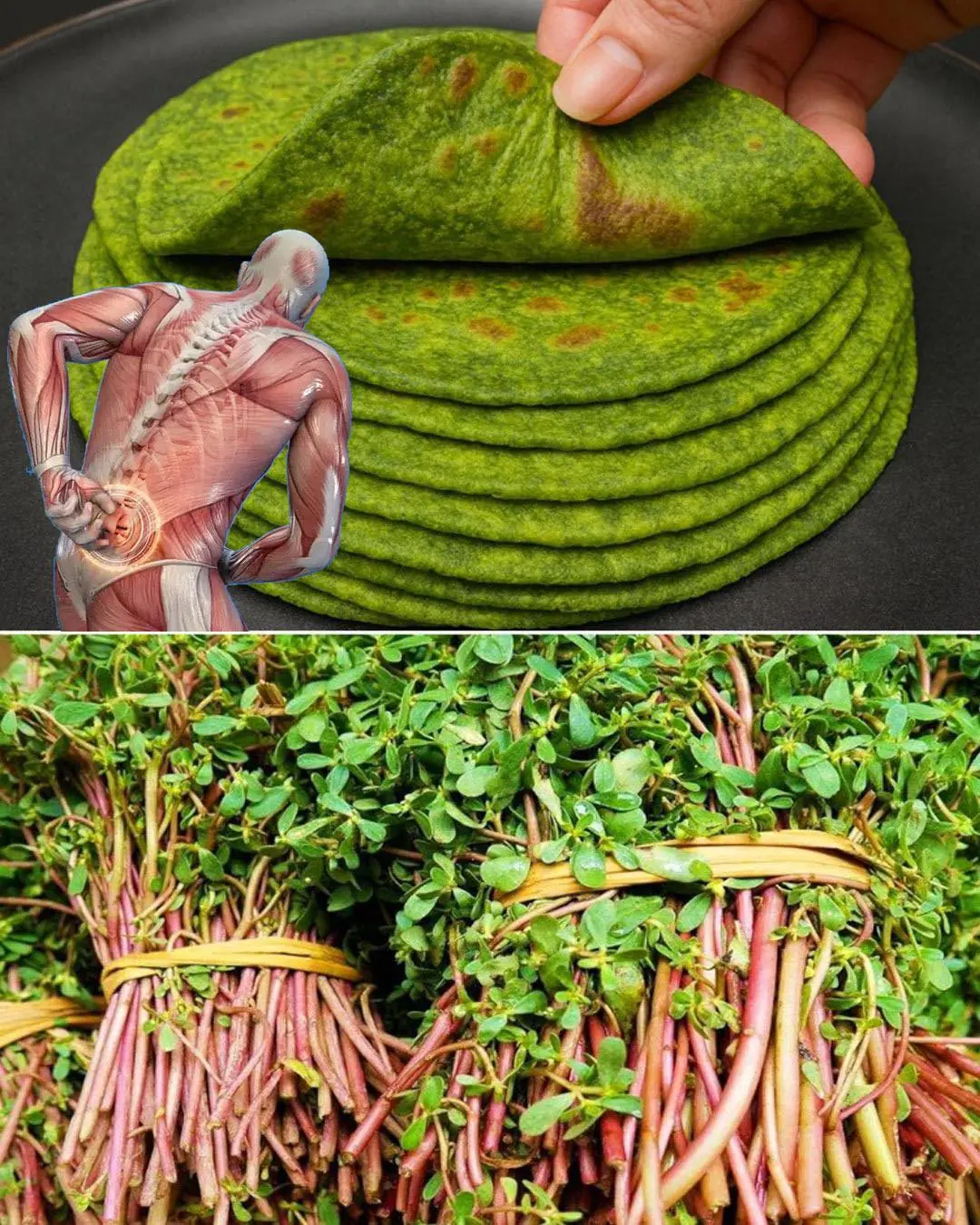
10 Benefits and uses of purslane

Chanca Piedra (Stonebreaker): Benefits and Uses

Do you need to unplug the rice cooker after the rice is cooked: The surprising answer November 27, 2024
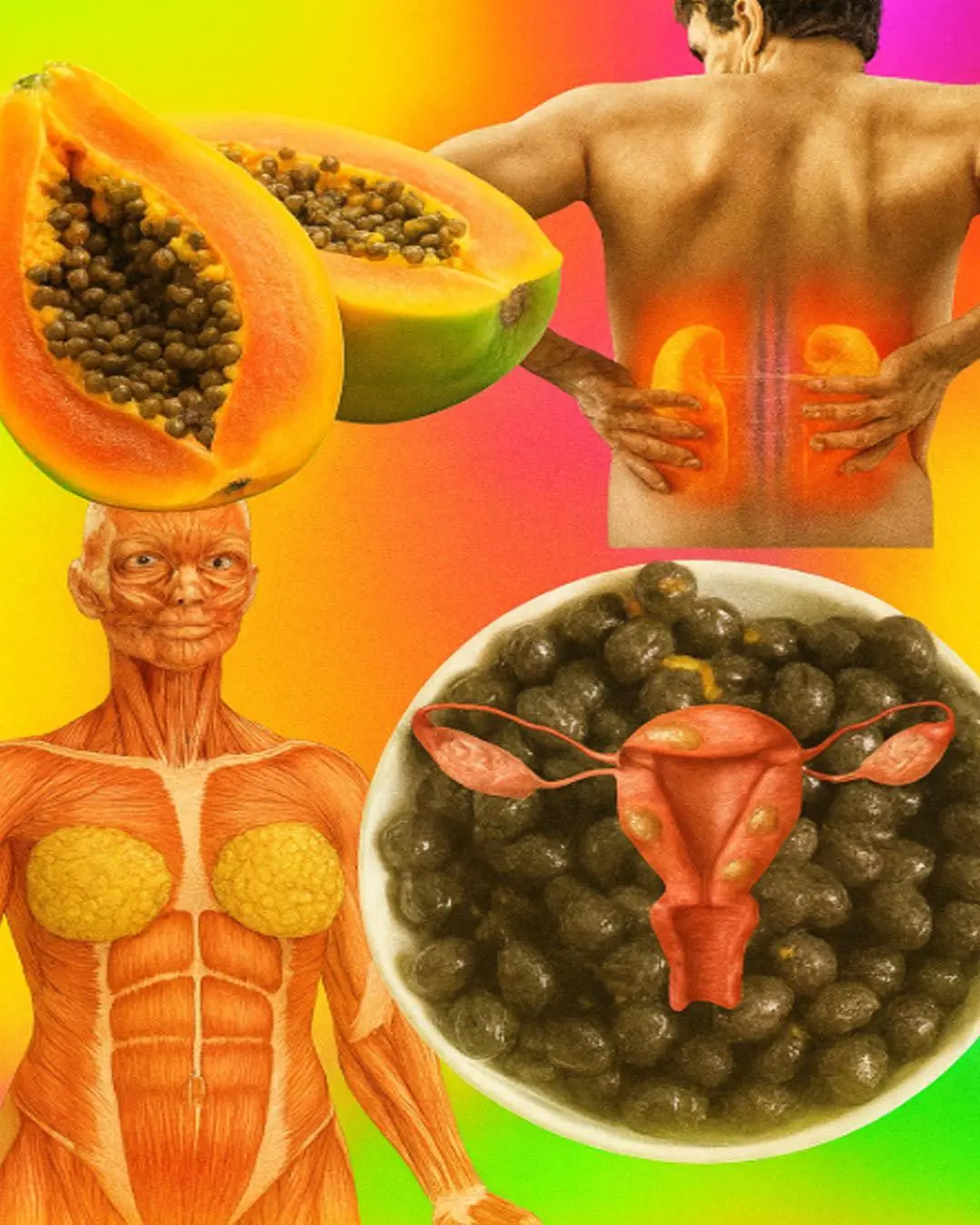
7 Benefits Of Papaya Seeds & How To Consume Them Correctly

Bougainvillea likes to 'eat' this the most, bury it at the base once and the flowers will bloom all over the branches

The elders say: "If you put these 3 things on top of the refrigerator, no matter how much wealth you have, it will all be gone." What are these 3 things?

Can rice left in a rice cooker overnight be eaten? Many people are surprised to know the answer.

After boiling the chicken, do not take it out immediately onto a plate. Do one more thing to make sure the chicken is crispy, the meat is firm, and the skin does not fall apart when cut.

Cut this fruit into small pieces and put it in the pot to boil the duck: The bad smell is gone, the meat is fragrant, soft and flavorful.

Warts on Hands: Causes and Effective Natural Treatments

Medicinal Health Benefits of Turmeric, Curcumin and Turmeric Tea Based on Science

4 ways to preserve green onions for a whole month without spoiling, fresh as new

The best way to lower blood pressure fast!

9 Habits You Need To Adopt Today To Stop Alzheimer’s or Dementia Before It Starts
